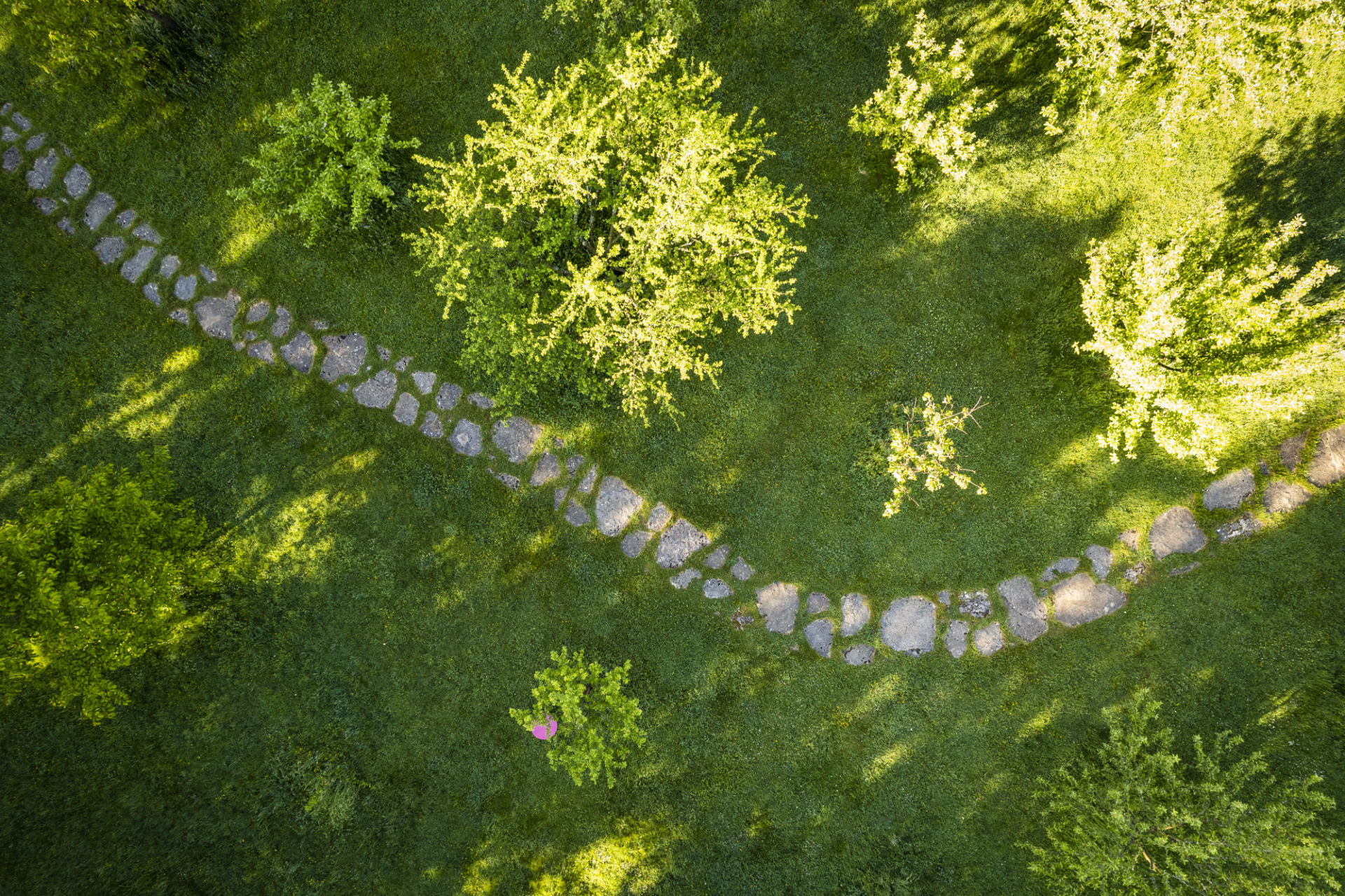Trail games
With family or friends
They enable children to get to grips with the site. They contain simple questions about housing, daily life, agricultural activities and gardens, plus answers. Paper versions of these games are available from the Museum reception desk.
From age 7 (free).
Available subject to sanitary conditions on the day of your visit.
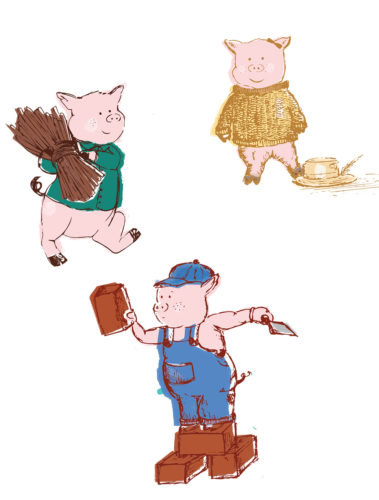
Wolf, are you there?
Help the 3 little pigs build their house!
From age 6
Download the file

Little Man
On the trail of bread
Kindergarten to CM2
Download the file

Gourmet treasure hunt
Find the ingredients and utensils you need to make the recipe.
From CP to 5e
Download the file

The museum for tots
By observing the shapes, colors and graphics of objects, toddlers discover the world of times gone by.
Kindergarten
Download the file
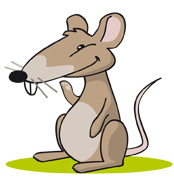
The hunt for footprints
Can you recognize who's been there?
From CP to CM2
Download the file
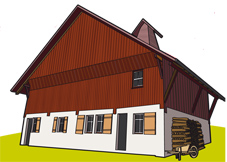
Discovering the museum
From CP to CM2
Download the file
Download the corrected file
Was life in the countryside really better before?
With family or friends
They enable children to get to grips with the site. They contain simple questions about housing, daily life, farming activities and gardens, and a cDorénavant le parcours géographique du musée des maisons comtoises Nancray se doublement d'un parcours chronologique: les objets et meubles se trouvant l'intérieur de chaque maison restituent une époque (1780, 1810, 1840, 1885, 1925 et 1950). To illustrate this chronological tour, the museum offers three visitor guides entitled "Follow the guide!

Episode 1: Daily life
From CM1 to collège
Download the file
Download the support file
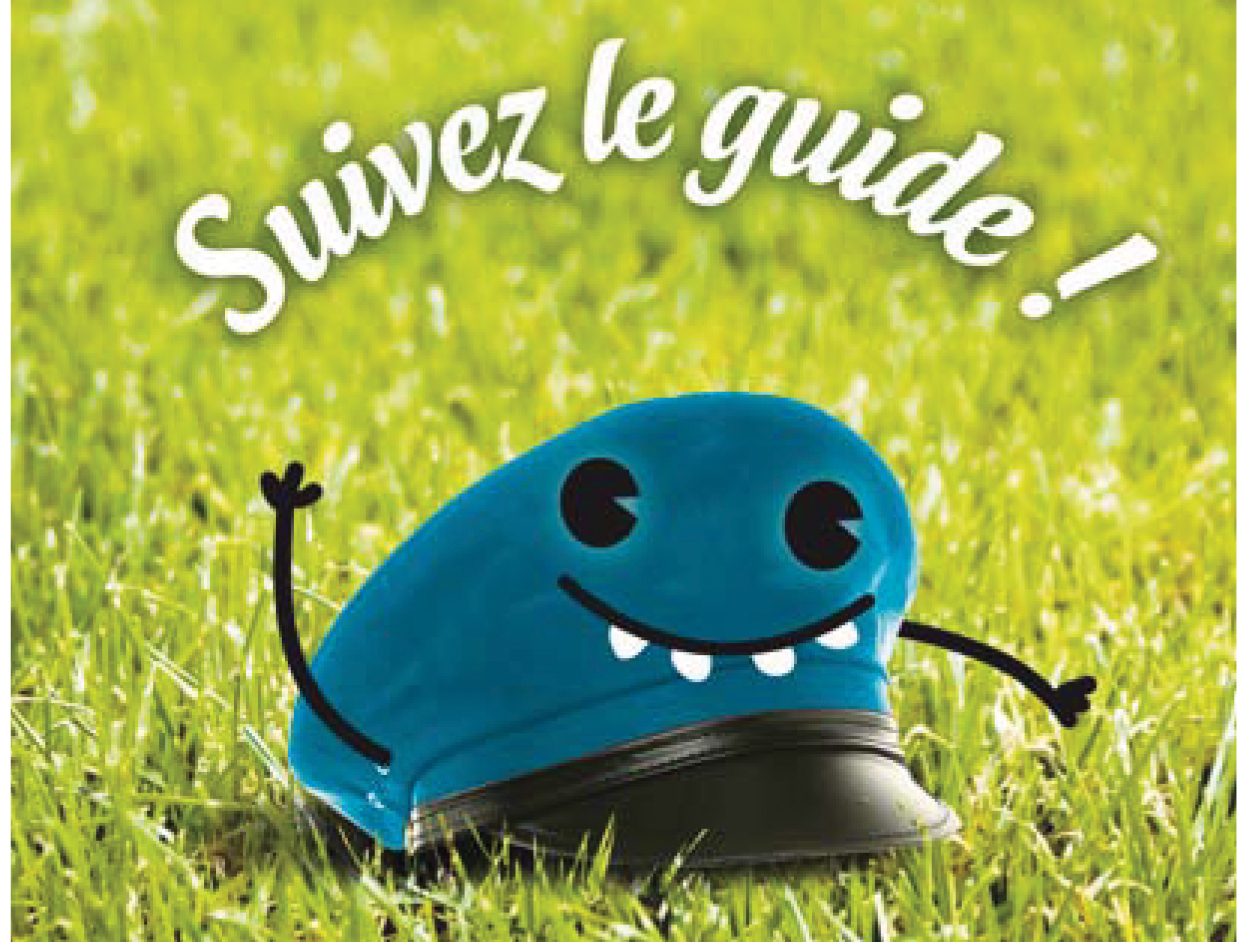
Episode 2: Heating
From CM1 to collège
Download the file
Download the support file

Episode 3: Lighting
From CM1 to collège
Download the file
Download the support file
General files
In search of the past
Secondary schools
Download the file
Download answers
In the footsteps of Migue la lune
It takes a simple look at rural architecture (two types of houses) and everyday life in the past.
Spécial maternelles
Download the file
Download the answer sheet
Of earth, stone and wood
This dossier looks at rural housing (building techniques, layout, etc.), everyday life (bread, smoking, etc.) and farming activities (haymaking, harvesting and ploughing).
Colleges and high schools
Download the dossier
Download the answers
Thematic files
The bioclimatic homes of Zélie and Pierre-Simon
This comprehensive tool tackles housing issues from a bioclimatic angle.
It has been specially designed to meet the requirements of the middle school program on the house (technological 5th grade).
Download the file
Download the answers
Dry stone
To understand how dry-stone walls are built or restored.
To raise awareness of small architectural details.
To highlight their environmental benefits.
For students in technological or vocational training in the building trades.
Download file
In the midst of small buildings
To understand the construction or renovation techniques used, this pack highlights the importance of small buildings in the everyday life of the past: the alpine cistern, the granary, the horseshoe...
Download the pack
Download the answer sheet
In the midst of small buildings
This dossier highlights the importance of small buildings in the everyday life of the past: the alpine cistern, the granary, the horseshoe...
Download the dossier
Download the answer sheet
Let's harness Poumé, Coquette and Sansonnet
This dossier traces the evolution of the different types of carriage in the 18th century: the harnessing of oxen and horses, their driving at work, traction methods.
Download the dossier
Download the answer sheet
The key to the woods
This dossier shows the role wood played in everyday life in the past (construction, tools...); it extends the approach to a study of the forest, presenting its geography, history and knowledge of the environment.
Download the dossier
Download the answer sheet
From traditional architecture to bioclimatic housing
This dossier is divided into two sections:
- a modular student survey ;
- an answer sheet for teachers, with numerous scientific and technical supplements.
l introduces the concept of sustainable development through a critical reading of the museum's buildings and a day-to-day analysis of how people lived in the past.
A look to the future (for example, towards bioclimatic housing or eco-construction) is provided by comparing these ways of living with contemporary ones(energy consumption, short supply circuits for building materials or food, water and waste management).
This document is particularly well suited to practical interdisciplinary teaching (history, life and earth sciences, physical sciences, etc.).
For all middle and high school students (general, technical and vocational).
For ESD think tanks.
For third-year vocational discovery classes:
- trades related to heritage restoration and maintenance ;
- trades around the concept of sustainable development.
For students in general, technical and vocational secondary schools.
Download the file
Download the answers
Around the pond
This dossier introduces you to the environment of a pond, its flora and fauna.
Download the dossier
Download the answer sheet
Carding, spinning and weaving
This dossier traces the evolution of the different types This dossier presents the equipment and techniques used in spinning and weaving, and the textile and dye plants used.
Download the dossier
Download the answer sheet
The milk route
The "fruitière" (cheese dairy) was an essential part of every village. This dossier shows how milk was processed into Comté cheese for preservation.
Download the dossier
Download the answer sheet

